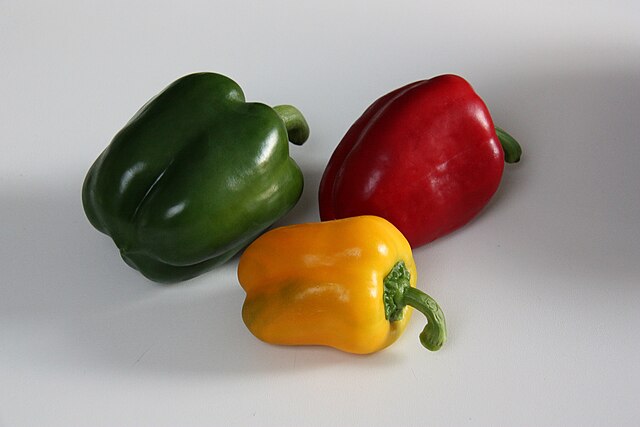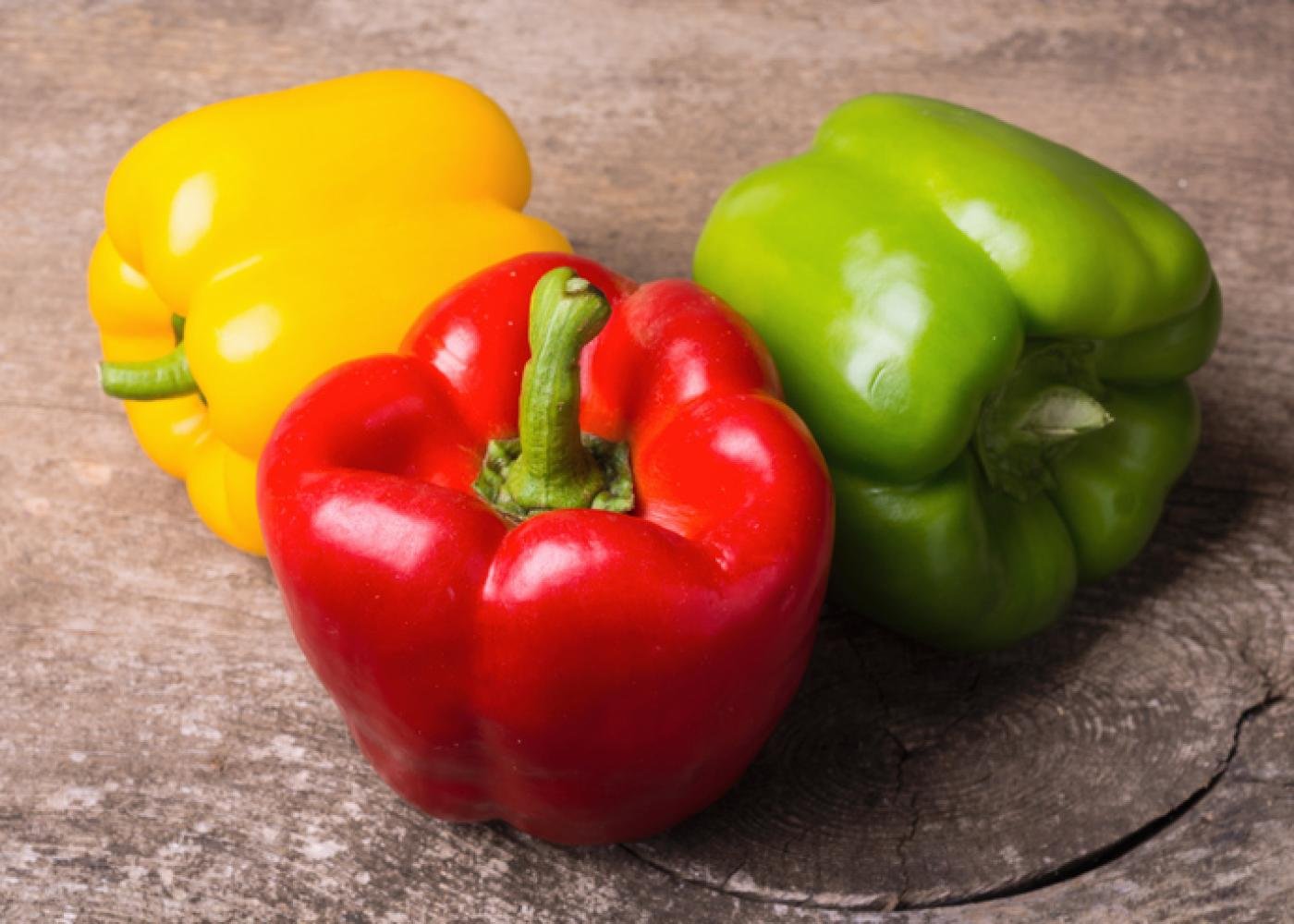Bell peppers, with their vibrant colors and sweet, slightly tangy flavor, are a staple in many kitchens around the world. They’re not only a key ingredient in a variety of dishes but also packed with vitamins and antioxidants. However, when it comes to storing bell peppers, there often seems to be a bit of confusion. Should they be refrigerated? How long do they last? Let’s dive into the best practices for storing bell peppers to maintain their freshness and flavor.
Before we get into the specifics of how to store them, it’s important to understand what bell peppers are. Bell peppers, or Capsicum annuum, are technically fruits but are commonly used as vegetables in culinary contexts. They come in various colors, including red, yellow, orange, and green, each varying slightly in taste and nutritional content.

The primary concern when deciding whether to refrigerate bell peppers is maintaining their freshness and extending their shelf life. Bell peppers are quite perishable when left at room temperature. In a typical room environment, bell peppers can start to lose their firmness and begin wilting within a few days.
Refrigeration can significantly prolong the life of bell peppers. When stored properly in the refrigerator, bell peppers can last for about 1-2 weeks. The cooler temperatures slow down the processes of ripening and decay caused by ethylene gas, which is naturally produced by many fruits and vegetables.
It’s crucial to store bell peppers in the vegetable crisper of your refrigerator, where the humidity is a bit higher. This helps in keeping them firm and crunchy. Additionally, keeping them in a plastic bag with some air holes can also help maintain the right moisture level.
While refrigeration is recommended for long-term storage, bell peppers can be kept at room temperature if they will be used within a few days. This is particularly a good approach if your peppers are not fully ripe when you buy them, as room temperature will encourage ripening. Place them in a cool, well-ventilated spot away from direct sunlight.
Once you cut bell peppers, their shelf life decreases considerably. Here are a few tips to handle cut bell peppers:
Freezing is a viable option for extending the shelf life of bell peppers, especially if you have a surplus that cannot be used immediately. Here’s how to freeze bell peppers:
Frozen bell peppers can last for up to six months. They are ideal for cooked applications, like stir-fries or casseroles, as freezing can alter their crisp texture.
Bell peppers are incredibly versatile and beneficial from a nutritional standpoint. Proper storage not only helps in maintaining their quality but also extends their usability, reducing food waste. Whether you refrigerate, keep them at room temperature, or opt to freeze them, understanding these guidelines can ensure that you always have fresh and tasty bell peppers at hand for your cooking needs.
Here at TheKitchenApplianceDad.com, we’re all about making the most out of every ingredient and appliance in your kitchen. Remember, storing your bell peppers correctly is just as important as how you choose to cook them!
By following these storage tips, you can ensure that your bell peppers retain their flavor, texture, and nutritional value, making them a delightful addition to any meal.

